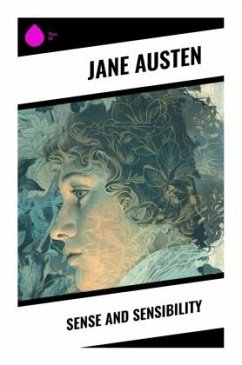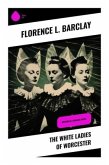Jane Austen's "Sense and Sensibility" intricately weaves the lives of two sisters, Elinor and Marianne Dashwood, as they navigate the complexities of love, social class, and economic insecurity in late 18th-century England. Through a masterful use of free indirect discourse, Austen captures the inner turmoil and societal pressures that influence her characters' decisions. The novel's structure mirrors the dichotomy of sense-represented by the pragmatic Elinor-and sensibility-embodied by the romantic Marianne-creating a compelling exploration of emotional and rational dichotomies intertwined with the social mores of the Regency era. As one of the foremost authors of the early British literary canon, Jane Austen authored "Sense and Sensibility" in the context of her own experiences as a woman navigating societal constraints. Drawing from her keen observations of the familial and financial challenges faced by women of her time, Austen critiques the often arbitrary nature of social hierarchy, while also demonstrating the innate strength and resilience of women in an era that sought to constrain them. This novel is an essential read for anyone interested in the evolution of the English novel, the complexities of human relationships, and the societal critiques that resonate to this day. Austen's sharp wit and insight into human nature make "Sense and Sensibility" a timeless work that challenges readers to reflect on the balance between reason and emotion in their own lives.
Bitte wählen Sie Ihr Anliegen aus.
Rechnungen
Retourenschein anfordern
Bestellstatus
Storno








